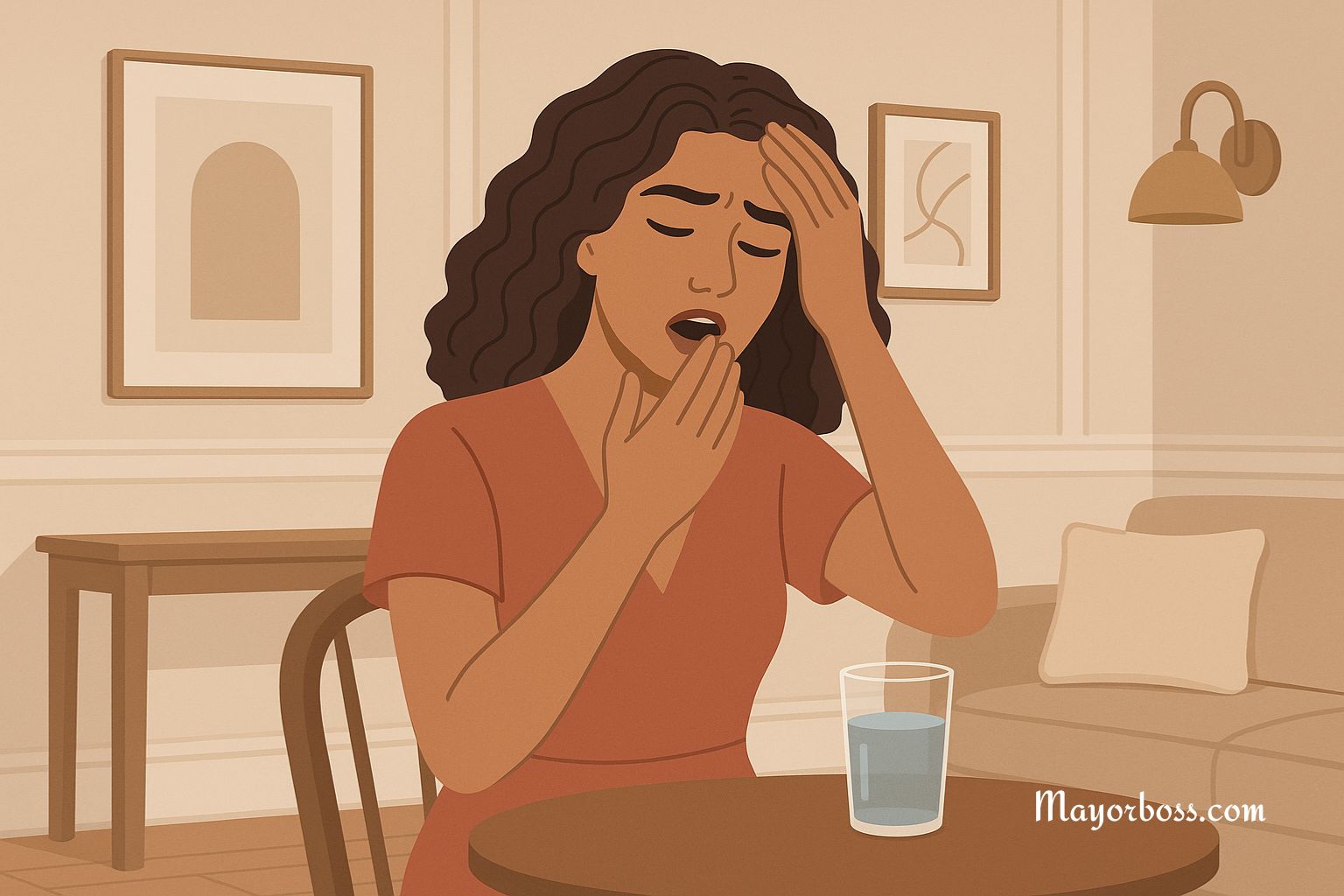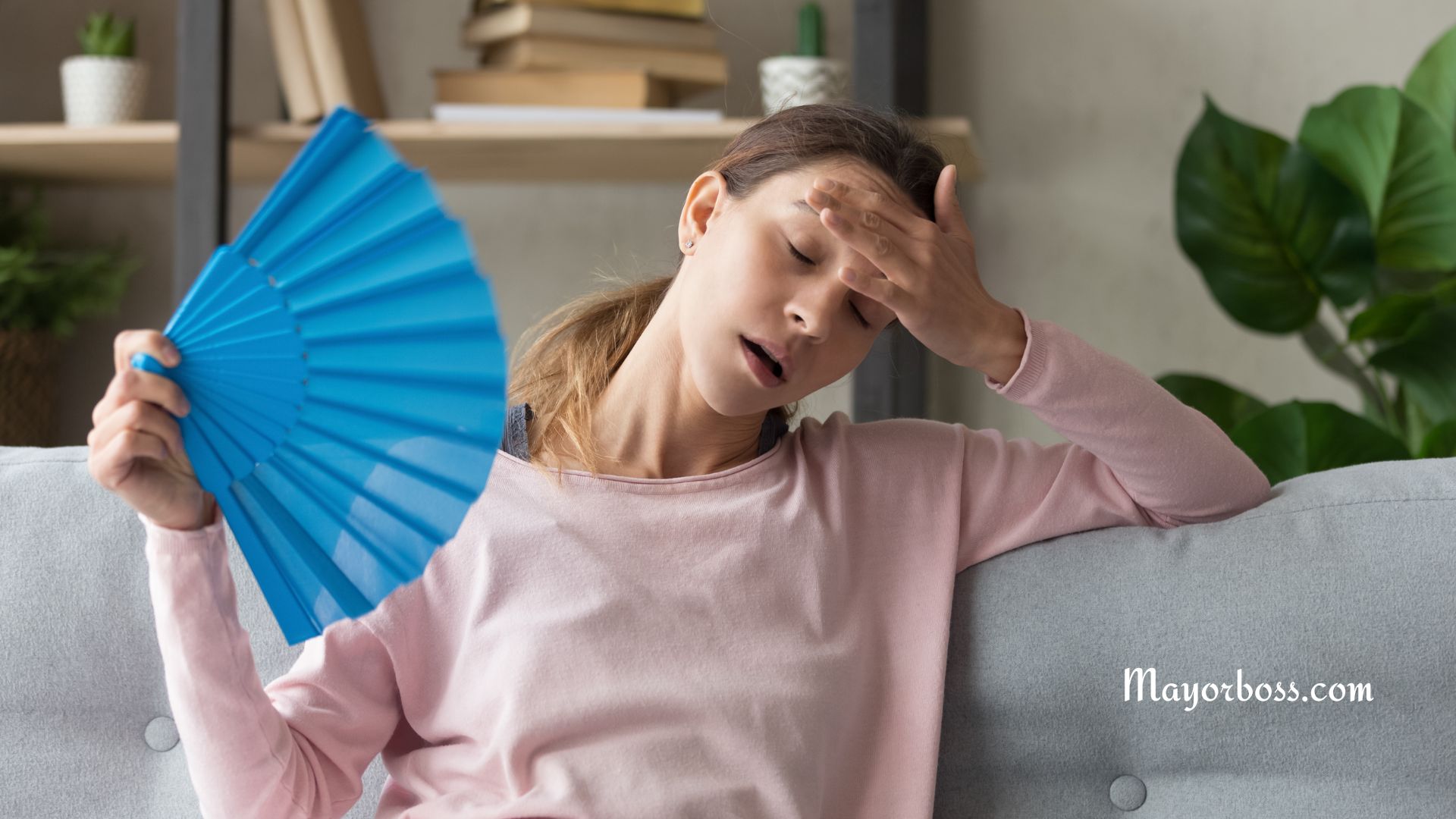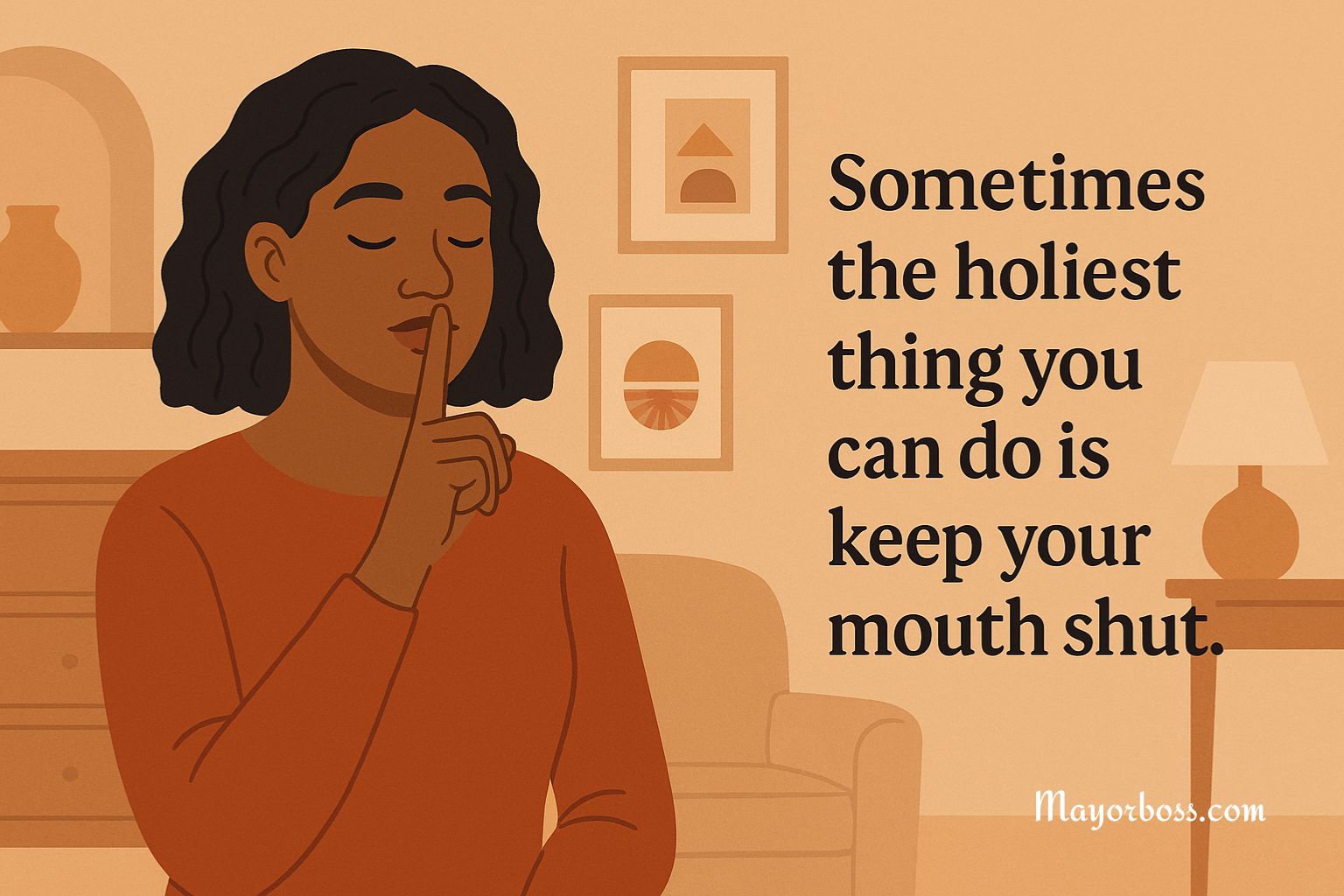8 Signs You Are Suffering From Dehydration Right Now!
Dehydration can tiptoe up on you. These warning signs may mean your body is running low on water. You lose water every day through sweat, breathing, urine, and stool. When you’re sick with a fever, vomiting, or diarrhea, your body loses fluids faster. Not drinking enough water, especially during hot weather or physical activity, increases your chance of dehydration.

1. You Feel Very Thirsty
This is your body’s most obvious signal. When you feel thirsty, your body is already starting to lose more fluid than it has taken in. It’s a late warning sign, not an early one. If you wait until you’re thirsty to drink water, you may already be mildly dehydrated.
2. Your Mouth Feels Dry or Sticky
A dry mouth or sticky feeling inside the mouth is a common early symptom. Saliva production drops when the body lacks enough water. This can leave your mouth feeling uncomfortable and make speaking or swallowing harder.
3. Your Urine Is Dark Yellow
The color of your urine can say a lot about your hydration level. Pale yellow or almost clear urine means you’re well hydrated. But if it turns dark yellow or amber, it could be a warning that your body needs water right away.
4. You Feel Tired or Weak
Even mild dehydration (for instance, fluid loss of 1–3%) can impair your energy levels. If you’re feeling unusually tired, sluggish, or weak for no clear reason, it might be because your cells aren’t getting the fluid they need to function properly.
5. You Have a Headache
Water helps cushion your brain and maintain normal pressure. When you’re dehydrated, that balance is disrupted. This can lead to tension headaches or even migraines. The pain may feel dull or throbbing and often worsens if you move or bend over.
6. You’re Feeling Dizzy or Lightheaded
Without enough fluids, your blood pressure can drop. This makes it harder for your heart to pump blood to your brain. As a result, you may feel dizzy, lightheaded, or even faint, especially when standing up quickly.
7. Your Skin Lacks Elasticity
A simple skin test can show signs of dehydration. Gently pinch the skin on the back of your hand, then release it. If it doesn’t quickly return to its normal position, this may mean your body is low on fluids. Skin loses elasticity when it’s dehydrated.
8. You’re Not Sweating or Making Tears
If you’re in the heat or exercising but notice you’re not sweating as you should, this could be a red flag. Similarly, a lack of tears while crying or dry eyes may point to severe dehydration. These are signs your body is trying to conserve what little water it has left.
What to Do if You’re Dehydrated
- Start sipping water immediately. Don’t gulp. Small, steady sips are easier for your body to absorb.
- Eat water-rich foods. Fruits like watermelon, oranges, and strawberries help restore fluids.
- Avoid alcohol and caffeine. These can worsen dehydration.
- Use an oral rehydration solution if you have diarrhea or vomiting. It helps replace lost minerals and fluids.
When to Seek Medical Help
See a doctor if you:
- Can’t keep fluids down
- Have signs of severe dehydration (confusion, rapid heartbeat, fainting)
- Stop urinating or only pass a small amount of very dark urine
Dehydration can quickly become serious. Don’t ignore the signs.
FAQs
1. How much water should I drink daily to avoid dehydration?
Most adults need around 8 cups of water a day, but this can vary based on age, weight, activity level, and climate.
2. Can dehydration cause confusion?
Yes. Severe dehydration can lower blood pressure and reduce oxygen flow to the brain, leading to confusion or disorientation.
3. Is it possible to drink too much water?
Yes. Drinking excessive amounts can lead to a condition called water intoxication, which may dangerously lower sodium levels.
4. Do all drinks help with hydration?
Not all. Water is best. Drinks high in sugar, caffeine, or alcohol can actually dehydrate you more.
5. What are the best foods to help stay hydrated?
Fruits and vegetables like cucumbers, watermelon, oranges, and lettuce are high in water content and support hydration.






